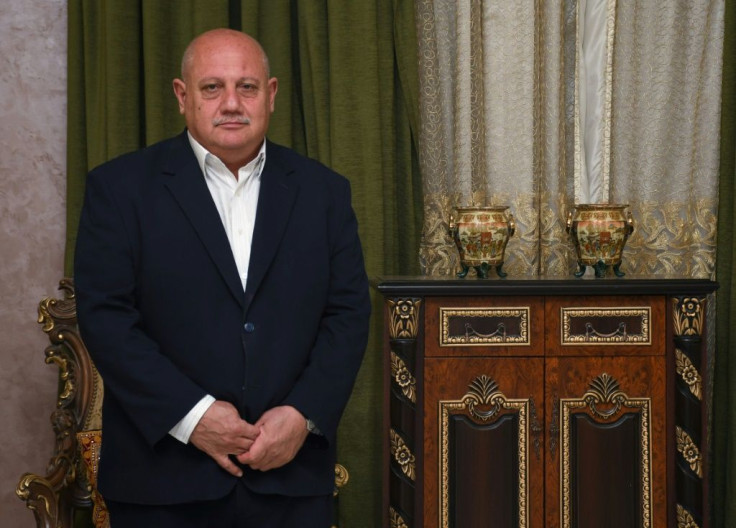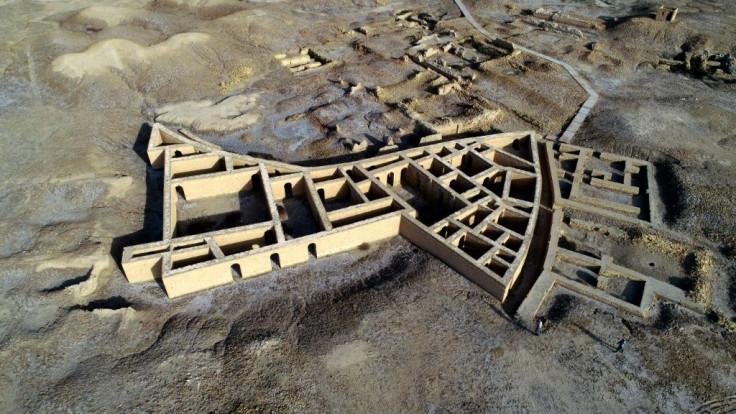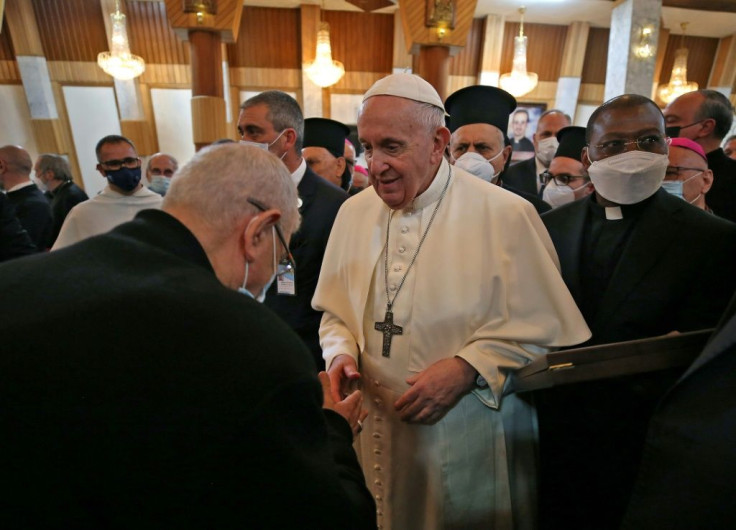Near Abraham's Iraq Birthplace, Lone Christians Put Hope In Pope
As Pope Francis prays for Iraq's minorities Saturday from the birthplace of the common patriarch of the Christian, Jewish and Muslim faiths, one family will be listening particularly carefully.
Maher Tobia, 53, says his is the only remaining Christian family in the city of Nasiriyah, less than 20 kilometres (12 miles) from the desert site of the ancient city of Ur, where the Prophet Abraham is thought to have been born.
Pope Francis will hold an interfaith prayer service in Ur on Saturday morning, to be joined by Muslims as well as Christians and members of other Iraqi religious minorities, including the Yazidis and Sabeans.

"It'll be a message of friendship and peace. And hopefully it means the situation will improve for us," Tobia told AFP in his ornately decorated living room in Nasiriyah.
Tobia and his brother head the only two remaining Christian households in Nasiriyah -- and they were both extremely reluctant to share details of day-to-day life in the city, where most residents are Shiite Muslims and tribal traditions often trump the law.
Over the past two years, violence at anti-government protests in the city has left dozens dead, including six demonstrators who were shot dead in the weeks leading up to the Pope's visit.
There are no churches, which means Tobia has to travel to Baghdad or to the main southern city of Basra for the weddings or funerals of fellow Christians.

But he is glad to talk about his family history.
His father was born in Nasiriyah just before World War I to a businessman who had settled in the city when it was under Ottoman rule.
Throughout the following decades -- which brought World War II, the rise and fall of the Iraqi monarchy and finally the socialist Baath state led by Saddam Hussein -- the Tobia family stayed in the city, now capital of Dhi Qar province.

In the 1990s, the world imposed crippling international sanctions against Saddam.
"There were only 20 to 30 Christian families around at the time," recalled Tobia, saying they were mostly public sector employees on short assignments to Nasiriyah from other cities.
Following the US-led invasion that toppled Saddam in 2003, those numbers dwindled further: "Only two Christian families stayed in Nasiriyah," he said.
Nearly two decades on, the Tobia name is the only one left, he said.
All of the Christian friends he had during his childhood have left, either to the capital or to the autonomous Kurdish region in the north.
"Often, after that first move, they'd leave the country," he said.
The dramatic drop in the number of Christians has been mirrored nationwide: from 1.5 million before the invasion, less than 400,000 remain today.
Francis' four-day tour is the first-ever papal visit to Iraq and he aims to use it to encourage the country's remaining Christians to deepen their roots.
Tobia, for one, is hopeful.
"The coming of a man of this stature with this much religious weight could benefit Dhi Qar and its pilgrimage sites," he said.
"If this visit is done well, it could have a huge impact."
© Copyright AFP {{Year}}. All rights reserved.





















